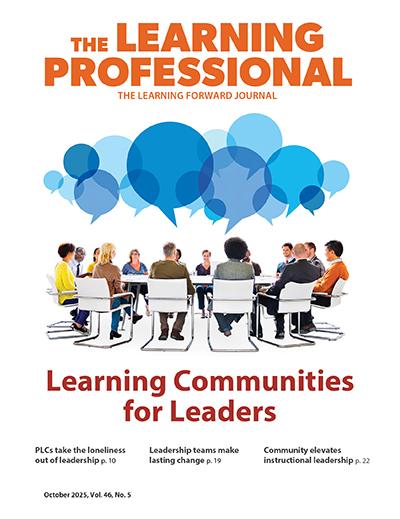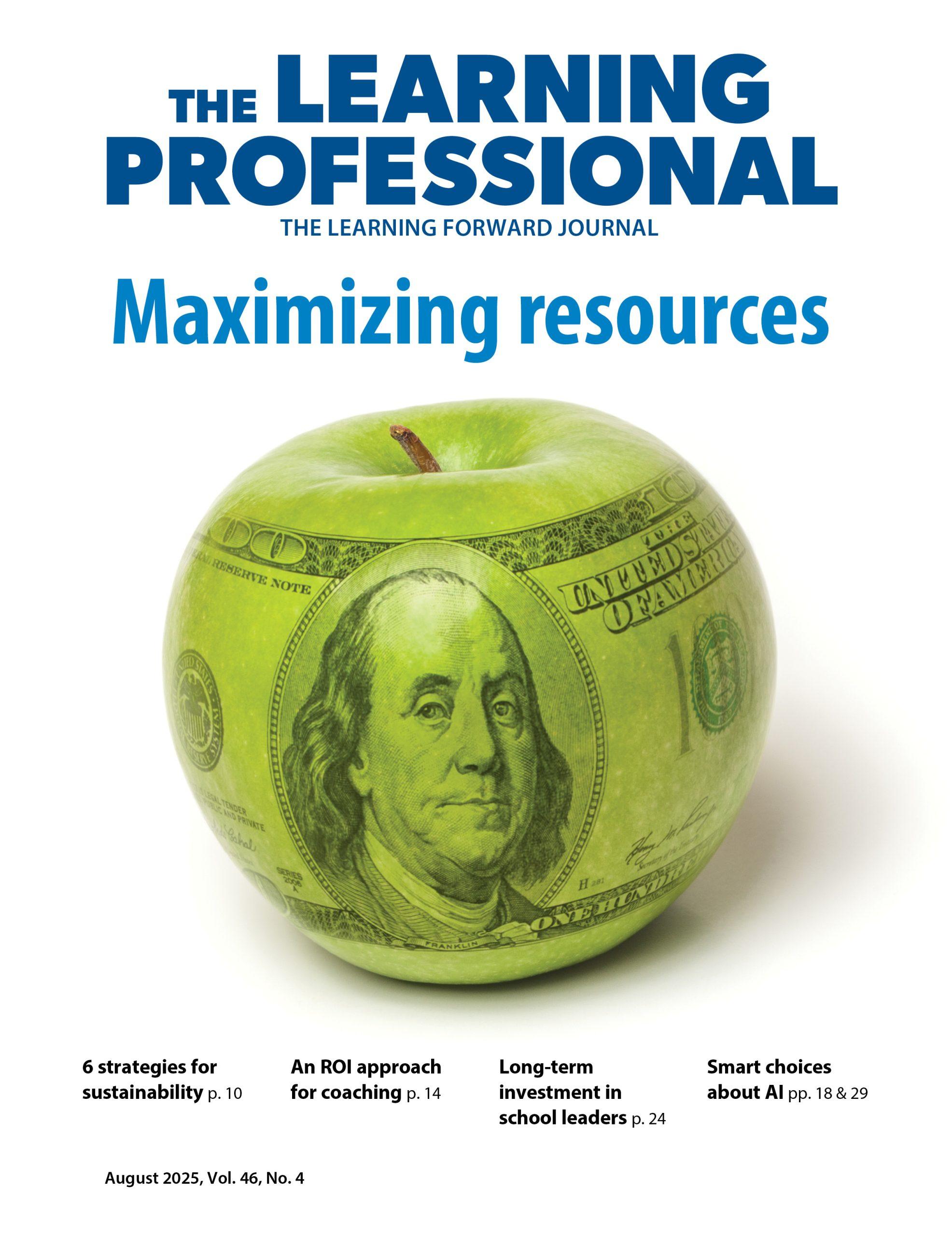Critical Thinking Skills Fire Up Teacher Learning
By Learning Forward
Categories: Learning designsApril 2014
Read the remaining content with membership access. Join or log in below to continue.
Sed ut perspiciatis unde omnis iste natus error sit voluptatem accusantium doloremque laudantium, totam rem aperiam, eaque ipsa quae ab illo inventore veritatis et quasi architecto beatae vitae dicta sunt explicabo. Nemo enim ipsam voluptatem quia voluptas sit aspernatur aut odit aut fugit, sed quia consequuntur magni dolores eos qui ratione voluptatem sequi nesciunt. Neque porro quisquam est, qui dolorem ipsum quia dolor sit amet, consectetur, adipisci velit, sed quia non numquam eius modi tempora incidunt ut labore et dolore magnam aliquam quaerat voluptatem.
Making The Shift To Common Core
| Common Core content shift | What this is not | What it is and what it means | Instructional shifts |
| Balancing informational and literary text | Reading nonfiction during content areas; always teacher-directed; adding more nonfiction to your library. | More student opportunity to choose text; differentiation; student-interest centered; teaching students how to match strategic thinking with informational text. | More rigor; higher-level questioning; increased teacher emphasis on metacognition; explicit instruction on organization of text. |
| Building knowledge of the disciplines | Lecture-based, isolated instruction; telling the facts. | More integration of thinking; purposefully integrating the disciplines; more student processing/inquiry; authentic investigations. | Metacognition; understanding organization of text; asking high-level questions; student application of thinking. |
| Staircase of complexity | Surface-level reading or more difficult words with low-level understanding; just harder books; limiting students to their Lexile level all the time. | Increase in deeper understanding and thinking; all learners involved in reading at complex levels; the thinking someone has to do in order to comprehend the text. | Scaffolding; more thoughtful questioning; high-level questions; modeling; differentiation; monitor and repair (and monitor combinations of strategies). |
| Text-based answers | Recall, surface questions. | Student-generated discussion about their thinking around content; how readers authentically use text to explain the change in their thinking. | Modeling; gradual release; higher-level questions to facilitate discussion. |
| Writing from sources | Copying information from a source; writing conventions; teacher-selected topics and students following an outline to guide their writing. | Knowing process of thinking behind the writing; mentor texts; authentic writing situations; monitoring their writing; research process. | Mentor text (examples); specific resources to push their thinking; model: how am I going to write from a variety of sources? |
| Academic vocabulary | Isolated word lists, copying definitions from a dictionary. | Words encountered in texts as students read; using strategies to build meaning within context. | Monitor and repair when you read; rereading; cross-curricular connections; strategies that help us learn words. |
What’s Missing is Essential
| Course outline |
Common Core:
What students will do |
Learning focus:
What students will learn |
Focus questions | Recommended resources |
|
Read with accuracy and fluency to support comprehension.
Read on-level text with purpose and understanding. Read on-level text orally with accuracy, appropriate rate, and expression on successive readings. |
Students will learn how to monitor their comprehension when reading independently by identifying how they know they are confused. |
How do you know when you are confused when you’re reading?
What do you do when you realize that you are confused/you have stopped understanding what you have read? How did using context clues help you decode unfamiliar words? How did using context clues help you repair your understanding? |
Variety of fiction, nonfiction, prose, and poetry. |

References
Danielson, C. (2007). Enhancing professional practice: A Framework for Teaching. Alexandria, VA: ASCD.
National Research Council. (2000). How people learn. Washington, DC: National Academies Press.
Pearson, P.D. & Gallagher, M. (1983). The instruction of reading comprehension. Contemporary Educational Psychology, 8(3), 317-344.
Learning Forward is the only professional association devoted exclusively to those who work in educator professional development. We help our members plan, implement, and measure high-quality professional learning so they can achieve success with their systems, schools, and students.
Categories: Learning designs
Recent Issues
MAXIMIZING RESOURCES
August 2025
This issue offers advice about making the most of professional learning...
MEASURING LEARNING
June 2025
To know if your professional learning is successful, measure educators’...
NAVIGATING NEW ROLES
April 2025
Whether you’re new to your role or supporting others who are new,...
LEARNING DESIGNS
February 2025
How we learn influences what we learn. This issue shares essential...









